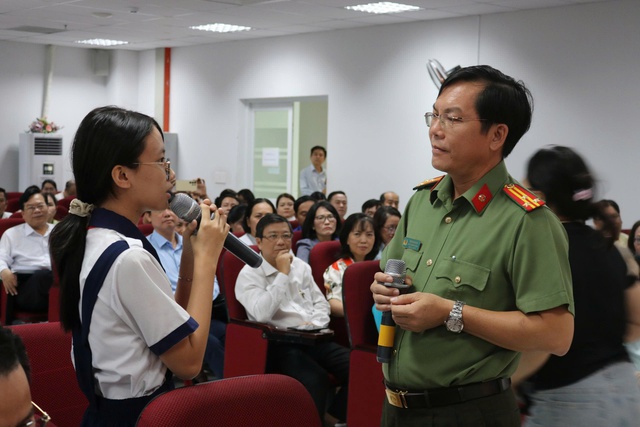
Lieutenant Colonel Tran Van Dong, Deputy Head of the Ho Chi Minh City Police Department, discussed with students about cyber security issues at the workshop.
PHOTO: NGAN LE
Why should we limit students' use of cell phones?
In recent years, the issue of whether to ban or not to ban students from using mobile phones in schools has always caused much debate. Many opinions say that this is a necessary measure to prevent students from being distracted from studying and to limit the negative impact of social networks.
On the other hand, many parents and students are concerned that an absolute ban will deprive them of important learning tools and means of communication.
At the workshop "Restricting students from using phones and electronic devices during recess" organized by the Department of Education and Training of Ho Chi Minh City this morning (September 18), Ms. Cao Thi Thien Phuc, Head of the Student Department, Department of Education and Training of Ho Chi Minh City, commented: "A number of students spend too much time on their phones during recess, neglecting their studies, potentially posing a risk of insecurity in the school space and even in cyberspace. Therefore, the school needs to coordinate with parents to limit this situation."
Also at the conference, Master, Doctor Dang Hoang Khanh Duy, lecturer at Hong Bang International University, presented the results of a survey in 2022 showing that 90% of Vietnamese children have access to phones from a very early age, even in primary school. The average usage time is up to 6 hours per day, most of which is spent on social networks and entertainment. This makes many experts concerned about the risk of phone addiction among school-age children.
Health experts have also repeatedly warned of the harmful effects of phone abuse: anxiety, depression, sleep disorders, obesity, myopia and even cyberbullying.
On the other hand, some parents believe that phones, if used appropriately, are useful learning tools. At the workshop, a parent shared: “If you know how to choose, phones are useful tools. Children are taught life skills, and understand enough to avoid harm.”
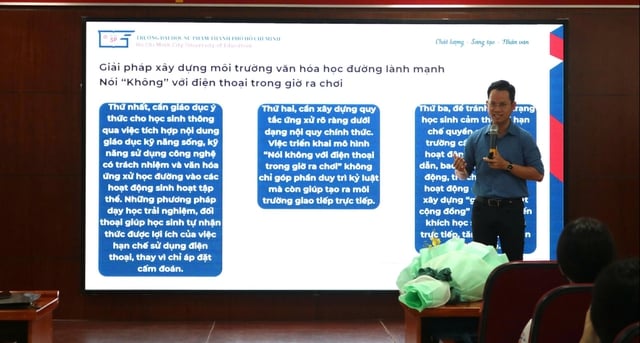
Experts offer solutions to limit students' use of cell phones
PHOTO: NGAN LE
Building a "happy school" model
Not only in Vietnam, many countries around the world have applied policies to ban or restrict the use of mobile phones in schools.
France is one of the pioneering countries when, since 2018, it has issued regulations banning students under 15 years old from using phones on school grounds.
The UK and Portugal have also implemented similar policies. Meanwhile, Japan, Singapore and South Korea have gone in a different direction, instead of focusing on “banning”, they have increased the organization of cultural, sports and artistic activities to help students connect with each other, develop life skills, and most importantly, gradually reduce dependence on phone screens.
Faced with this reality, many schools in Ho Chi Minh City have experimented with ways to help students limit their phone use. For example, Ba Diem Secondary School (Ba Diem Commune) has implemented three phases: absolute ban, allowing use during English classes, and now managing with a storage cabinet. This approach both limits negative impacts and ensures the need for studying and communication when necessary.
At Thanh Loc High School (An Phu Dong Ward), students are not allowed to carry cell phones but must communicate via public phones supervised by staff.
Mr. Luong Van Dinh, Principal of Thanh Loc High School, said: “At first, many students objected, fearing they would miss out on information. But gradually, they found recess more fun when they played sports, participated in cultural performances or folk games. There was no longer a scene of students sitting in the corner of the classroom surfing the internet.”
Many high schools have proactively sought to adapt to this trend with innovative models that both meet learning and communication needs and encourage students to participate in group activities.
Nguyen Thai Binh Secondary School (Binh Hung Commune, Ho Chi Minh City) built a "green recess" where each class takes care of a small garden and opens sports and skills clubs.
Ms. Pham Thi Phuong Hong, Principal of Nguyen Thai Binh Secondary School, said that the school has implemented many solutions to help students increase physical activity, communicate directly and practice the three cores of happiness: connecting with themselves, with others and with nature.
According to Ms. Hong, teachers are in charge of all vigorous physical activities, while light activities are organized in the school yard, through teams or clubs such as chess, dexterity, and STEM (science, technology, engineering, mathematics).
“The school also has a garden divided among each class so that students can take care of the plants themselves. As a result, after a year, parents are more united, children are more connected, and conflicts arising from social networks are almost gone,” said Ms. Hong.
Nguyen Vo Ngoc Giau, a student at Phu Nhuan High School (Phu Nhuan Ward, Ho Chi Minh City) said: “My school has banned the use of cell phones for a long time. However, we are still allowed to use them during recess, but not to surf social networks, but only to record and take pictures of beautiful memories. And I think that is the way to turn our school into a 'happy school'. The school does not need to ban their use too strictly, because we know how to consciously not use our phones.”
In addition, Ngoc Giau also enthusiastically shared about the model of "open library - closed phone" that will be deployed at Phu Nhuan High School with the slogan: "Open a page of a book, close a screen". In her opinion, this model is very meaningful in the digital transformation era, because it is temporary closure, not "put away"; if we put away the screen, we will miss out on an entire era.
“At the library, we will read and discuss books together for 60 seconds, record a review clip and submit it to the school to accumulate study movement points,” said Giau.

Dr. Nguyen Van Hieu, Director of the Department of Education and Training of Ho Chi Minh City, spoke at the workshop "Restricting students from using phones and electronic devices during recess"
PHOTO: NGAN LE
Evaluating these solutions, Dr. Nguyen Van Hieu, Director of the Department of Education and Training of Ho Chi Minh City, emphasized: “Recess must have many activities that are run by the students themselves. When there is a proper playground, students will proactively recharge with positive energy, release negative energy to return to studying more effectively.”
What these creative solutions have in common is a shift from “banning” to “creating alternative playgrounds.” When students find joy in group activities, they will no longer see the ban as a compulsion, but will be willing to participate in new, more positive experiences.
Implementing a plan to limit students' use of cell phones
The Ho Chi Minh City Department of Education and Training has just implemented a plan to limit students' use of phones and electronic devices during recess in two phases: Phase 1 (pilot): From October 2025 to the end of the first semester of the 2025-2026 school year, piloted at 16 schools in 16 clusters in the city. Phase 2 (expanded, official): From January 2026, implemented simultaneously at all general education institutions in the city.
According to the Ho Chi Minh City Department of Education and Training, the regulation restricting students from using phones and mobile devices during recess aims to build a healthy, safe, and friendly school environment in the spirit of “happy school”, increasing physical activities, communication, and entertainment of students during recess, contributing to improving the quality of comprehensive education.
To implement effectively, this department requires that each school has at least 3 diverse alternative activities during recess (sports, arts, folk games, reading, life skills club). Students participate in at least one group activity during recess every day. Increase students' physical activity time compared to before implementation.
At the same time, the Department of Education and Training requires schools to organize the signing of a 3-party commitment: School-Parents-Students at the beginning of the school year and semester.
Bich Thanh
Source: https://thanhnien.vn/khong-su-dung-dien-thoai-di-dong-hoc-sinh-lam-gi-vao-gio-ra-choi-185250918155124577.htm







![[Photo] Prime Minister Pham Minh Chinh attends the groundbreaking ceremony of two key projects in Hai Phong city](https://vphoto.vietnam.vn/thumb/1200x675/vietnam/resource/IMAGE/2025/9/27/6adba56d5d94403093a074ac6496ec9d)


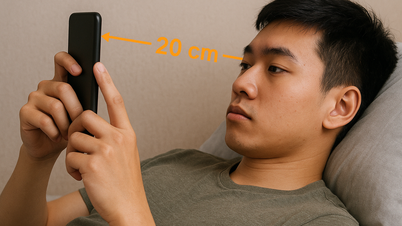
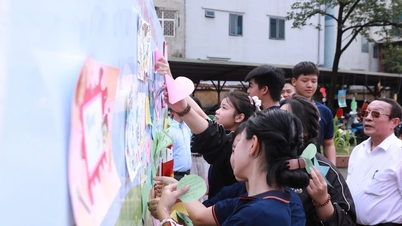



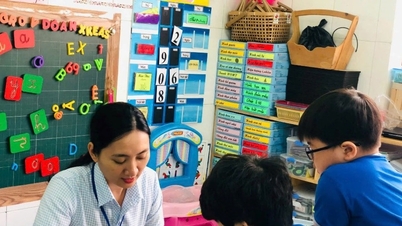






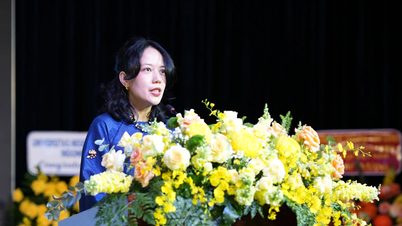

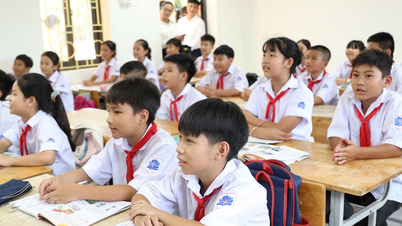









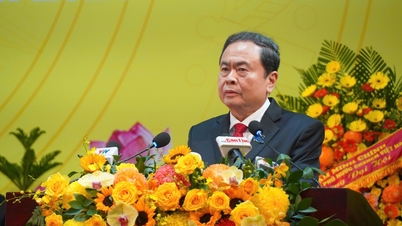

































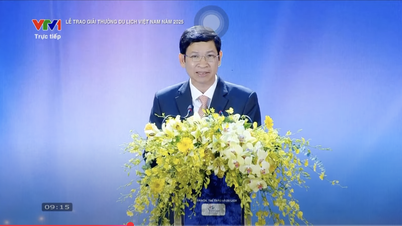













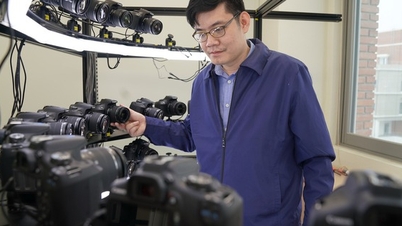




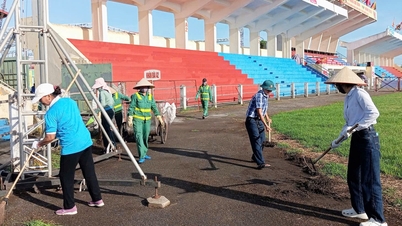


















Comment (0)